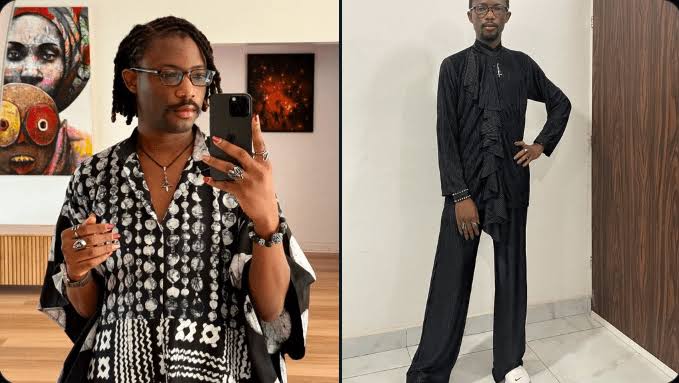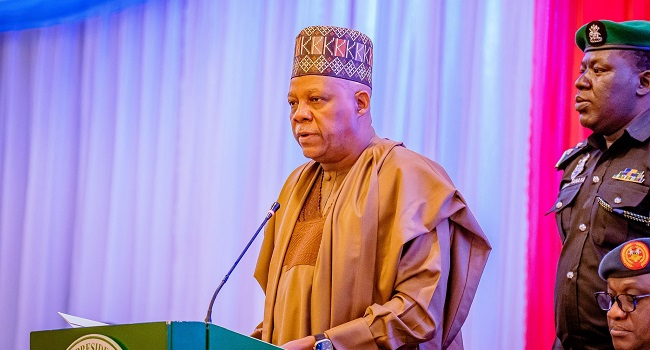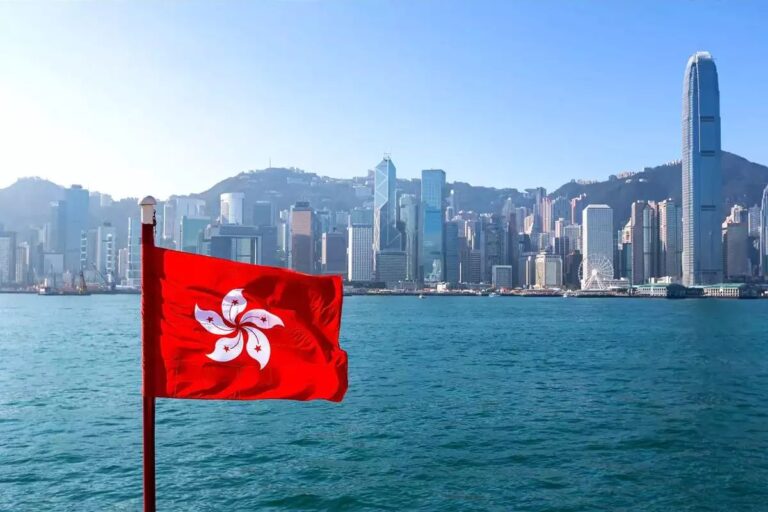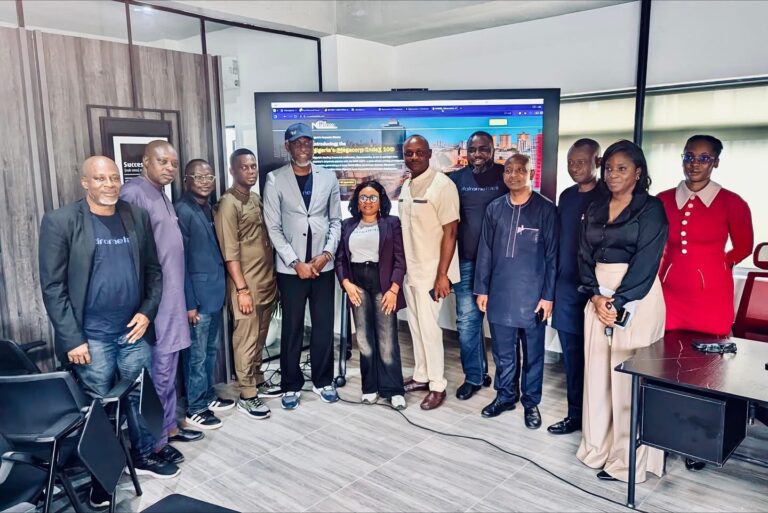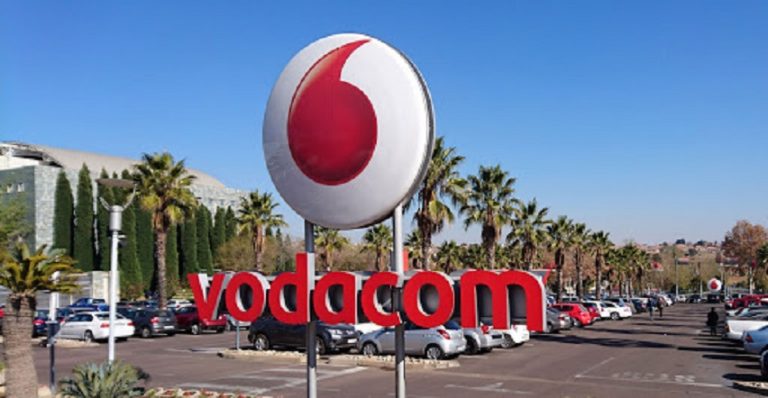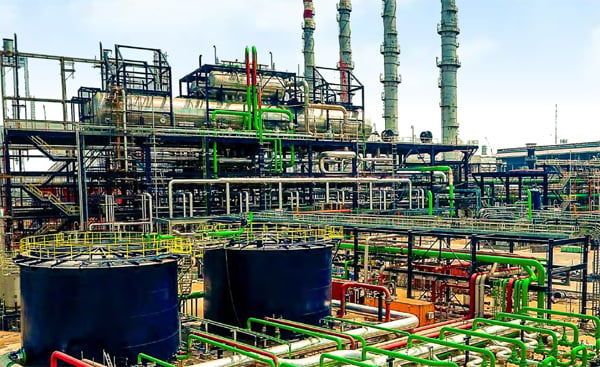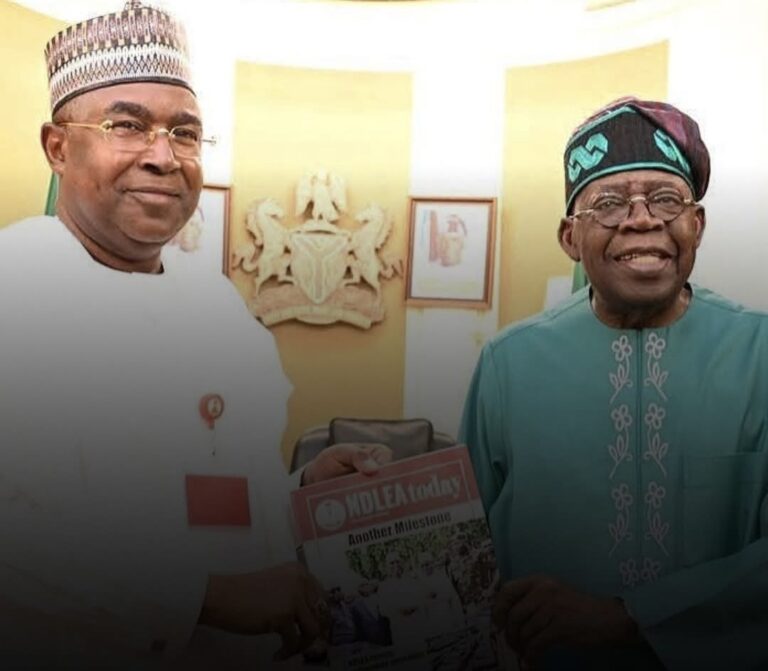Ezra Olubi, Co-founder and Chief Technology Officer of Paystack, one of Africa’s most prominent fintech companies, has become the centre of a growing online firestorm following a wave of sexual misconduct allegations circulating across social media.
What began as a cryptic post on X (formerly Twitter) quickly spiraled into a wider scandal, prompting users to resurface old tweets, past commentary, and disputed claims tied to Olubi many of which remain unverified. The controversy has triggered intense debates about power dynamics, personal accountability, and workplace culture within Africa’s rapidly expanding tech sector.
Paystack Responds With Internal Investigation
In response to the public uproar, Paystack issued a statement confirming that it has launched an internal review into the allegations. The company emphasized that it does not take accusations lightly and will follow its established procedures to determine whether any actions taken by its executive violated internal policies or professional standards.
Industry observers say the incident underscores the need for stronger safeguards, clearer HR structures, and transparent reporting channels within African startups, especially as companies scale and diversify their leadership.
Public Calls for Police Involvement
Beyond Paystack’s internal response, a number of Nigerians online are calling for formal involvement from law-enforcement agencies. Some social media commenters have urged the Nigerian Police to investigate what they described based on Olubi’s own historic posts as “self-confessed misconduct.”
However, as of now, no official complaints or charges have been publicly confirmed, and authorities have not announced any formal investigation.
A Moment of Reckoning for Nigeria’s Tech Ecosystem
The situation has sparked broader questions about ethics, corporate governance, and personal behaviour in a sector often celebrated for innovation but increasingly scrutinized for its internal cultures. Analysts warn that how Paystack and other tech leaders navigate this moment could set important precedents for accountability across the continent’s digital economy.
For now, Ezra Olubi has not issued a detailed public statement addressing the allegations, leaving the industry and the wider public waiting for clarification as the fallout continues to unfold.




